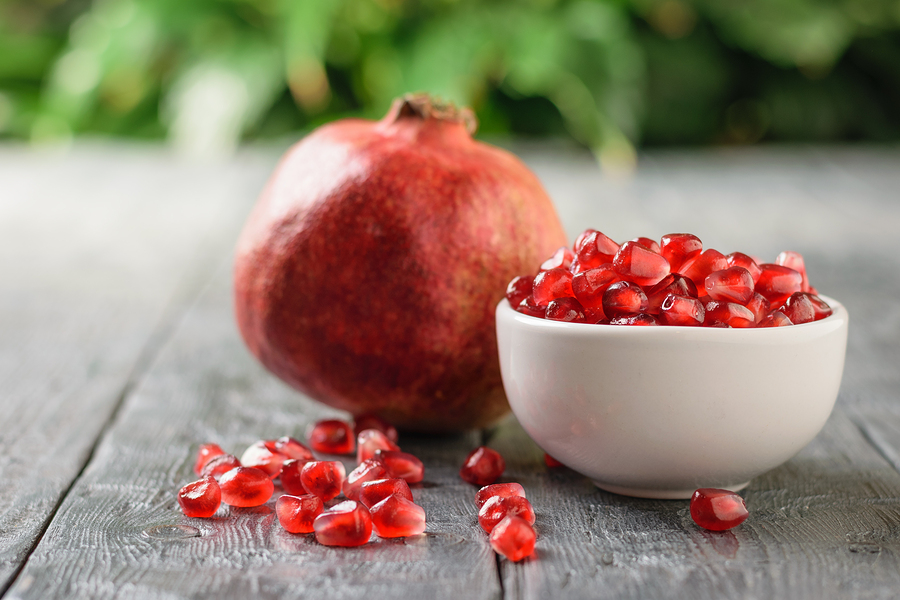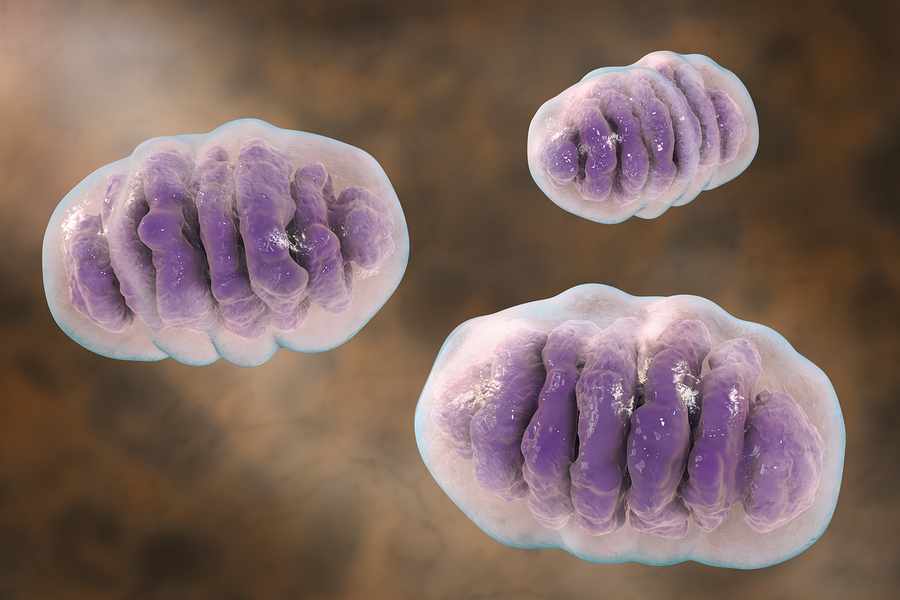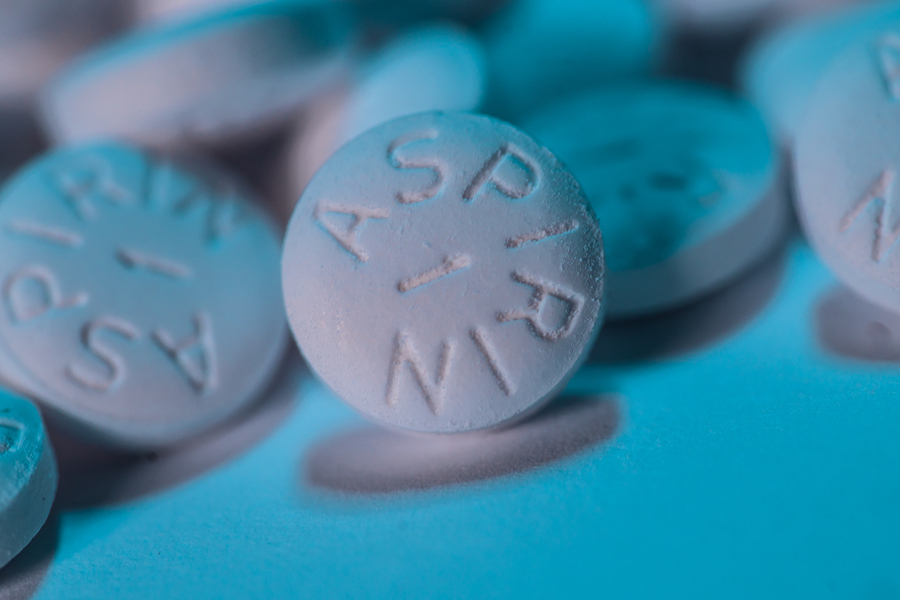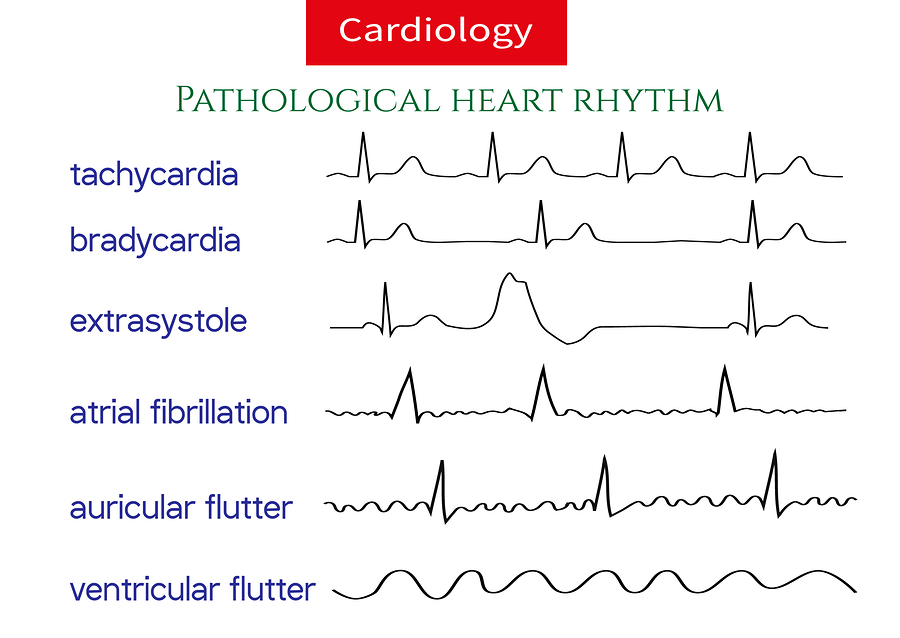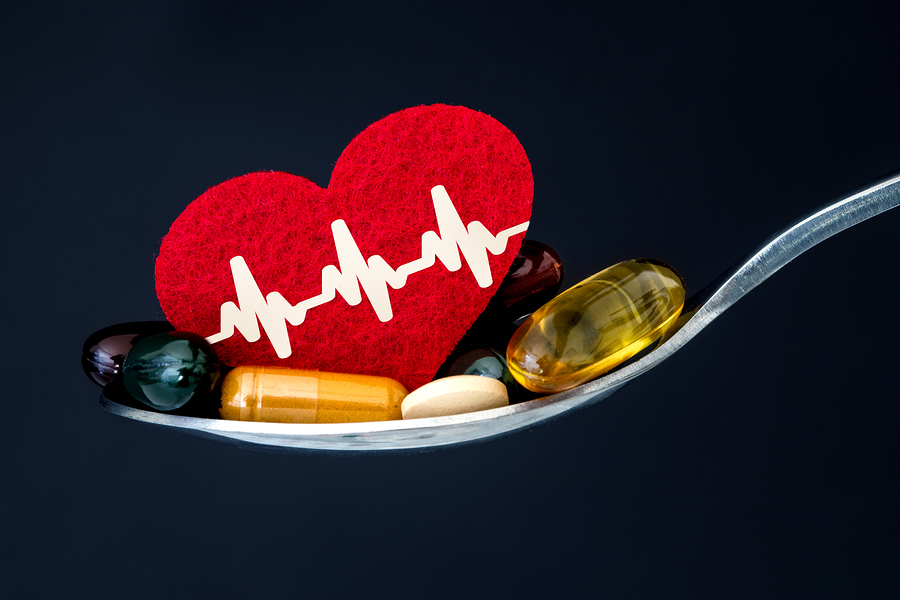New research is showing that CoQ10 benefits your skin. In one of my previous articles about CoQ10 I showed how this critical molecule helps with:
-
Heart Health
-
Brain Health
-
Metabolic Function
-
Kidney Function
-
Bone Health
Now I want to help you understand how CoQ10 benefits your skin. It all centers on what is called the mitochondrial theory of aging.
CoQ10 and Mitochondrial Theory of Aging
Within every cell are mitochondria. Mitochondria are the batteries or power generators. They convert the stored energy of the nutrients you consume into an energy form that your cells can use to perform their function.
This energy source is called adenosine triphosphate or ATP.
As we age our mitochondria are damaged. The three main causes are oxidative stress, toxins, and inflections. This damage then reduces the energy production of the mitochondria.
Our mitochondria become less efficient in processing our food resulting in less ATP. This results in less energy for the cell to carry out its normal functions. And here is where CoQ10 can help. Read More →


